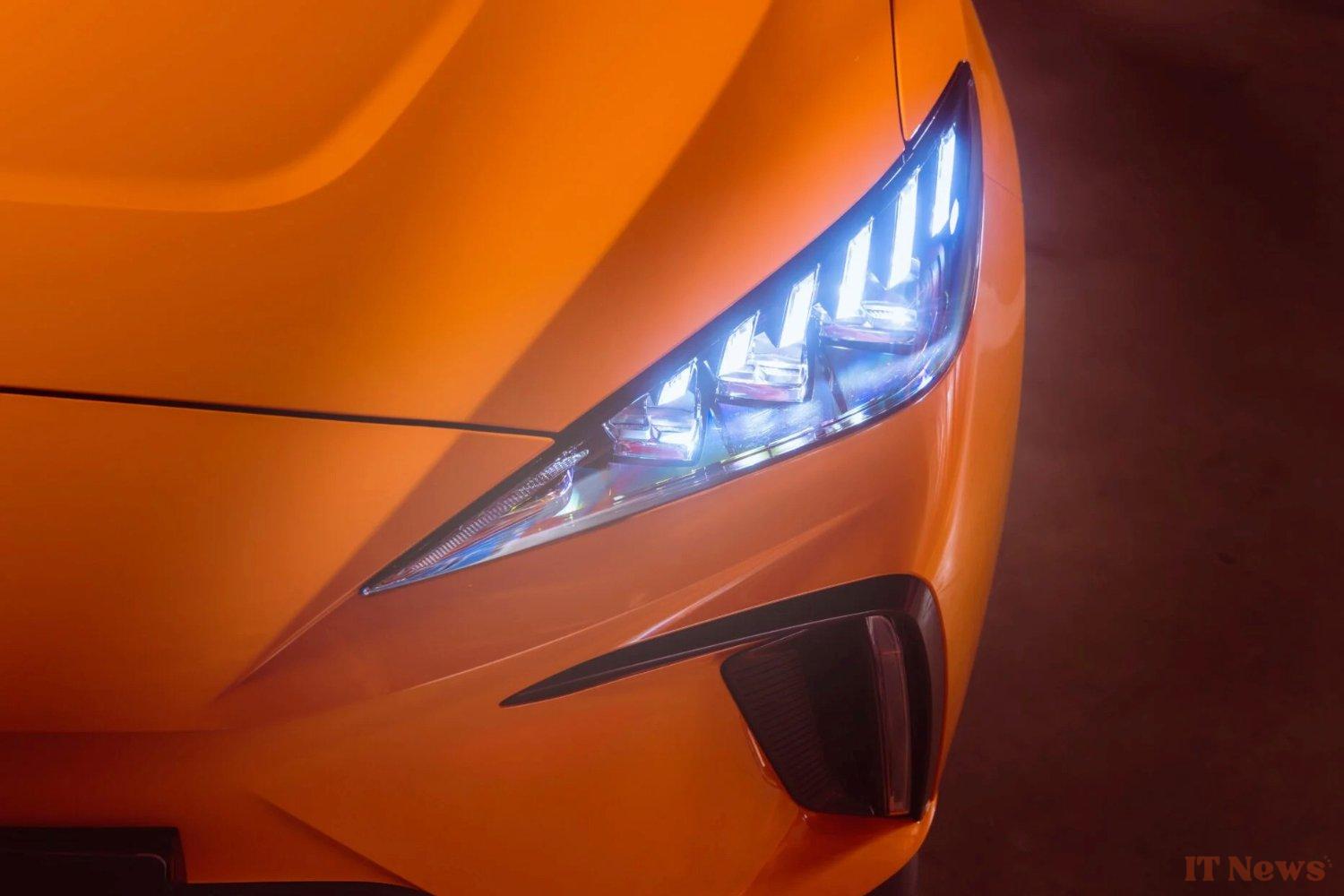Could Donald Trump's impressive relentlessness toward China benefit Europe? The two powers have reportedly relaunched negotiations with the aim of reviewing their trade agreements. Customs fees imposed by Europe on electric cars produced in China and imported to the Old Continent could be eliminated, in favor of a new rule. This would focus on "minimum prices," reported the German media Handelsblatt.
Chinese electric cars have been subject to additional taxes in Europe since November
Remember. In October 2024, the European Union voted to impose new customs duties on manufacturers producing their models in China (and benefiting from aid from Beijing). For a period of five years, the brands saw the price of their models imported into Europe rise sharply, while the EU intended to punish these industry players, aided by the government to appear more competitive than European players. In addition to the 10% customs duties, fees up to 35.5% (at SAIC) were added to the balance. BYD took 18.8%, as did the Geely group.
The following month, the new customs duties came into effect and Beijing launched a last-ditch effort, after seeking to defend itself at the World Trade Organization (WTO). China had asked France and the Czech Republic to work towards finding "an acceptable solution" in Brussels. Winter is over, and as China and the United States plunge into a trade war that could end in a full-blown trade embargo, the EU is resuming dialogue.
What interest do Europe and France have?
Among the countries most interested in reviewing the conditions for importing Chinese electric vehicles into Europe is Germany. But France would not be left out. The EU's idea would be to find a sufficient compromise to continue fight against unfair competition from Chinese models in Europe (and therefore protect the local industry), while obtaining gestures in return from China. For France, one of the interests is to lift the surcharge imposed on cognac (in 2024, 29 million bottles were shipped to China).
The solution envisaged lies in "minimum prices", below which Chinese electric cars could not be marketed. The European Union knows that with the American situation, its weight in the discussions could be greater. China will have to sell its products one way or another, and investments in the United States could be redirected to Europe. An opportunity must therefore be seized, even if, in view of the difficulties of European manufacturers, rolling out the red carpet for Chinese manufacturers would also mark the end of our European industry.
"Concerned" by the situation with Donald Trump, Italian Prime Minister Giorgia Meloni took the opportunity to call for the suspension of the Green Deal for automobiles, of the ban on cars emitting CO2 in 2035, and aiming for neutrality in the automobile industry. carbon in 2050.
Source: Handelsblatt



0 Comments